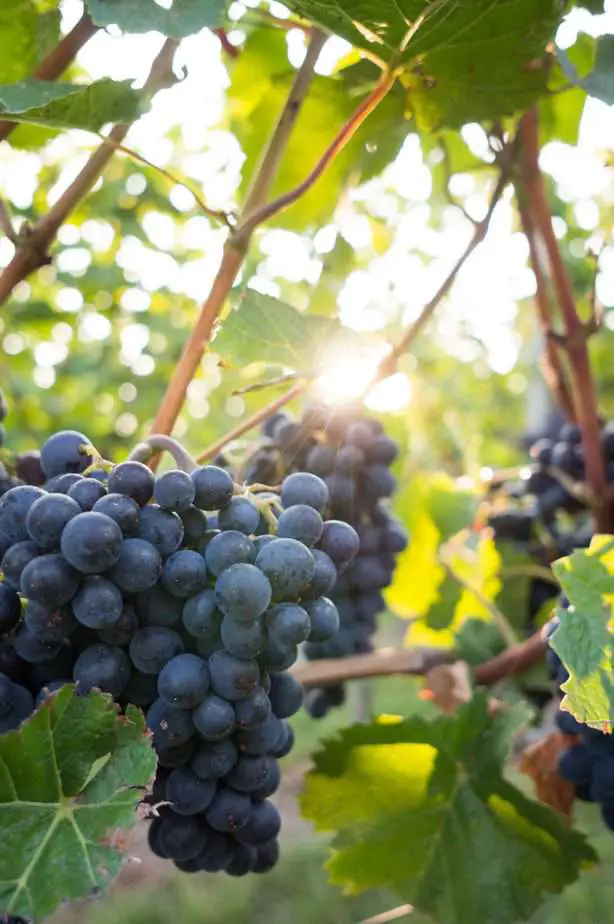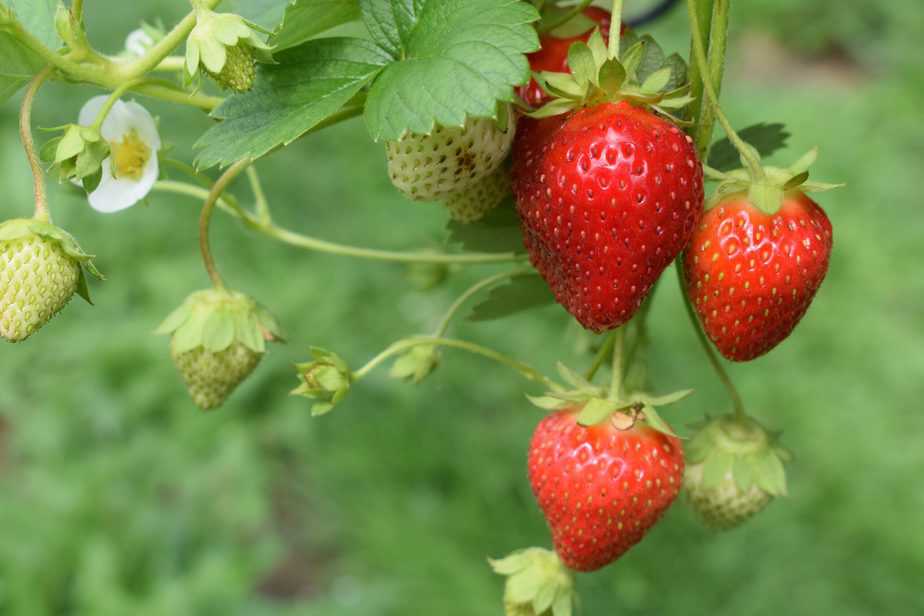Whe I first heard David Sinclair, author of Lifespan and world famous longevity expert, talk about stressed plants, I laughed.
Fancy an angry carrot anyone?
But when I delved into it, the science behind this concept is eye-opening. More importantly, anyone can find ways to eat more stressed vegetables and fruits.
Let’s take a deep dive:
What are stressed plants?
Stressed plants are vegetation that have been put to the test by the environment or predators and survived. Stressed plants are the ultimate survivors of the plant world.
What happens when a plant is stressed?
When diversity like drought, insects and animals happen to plants, they can’t run away. So over billions of years, plants developed the most sophisticated defence system – chemical warfare.
In fact, the more adversity a plant encounters, the stronger the plant species becomes over time.
For example, when an insect is eating a plant, it will secrete a chemical that makes it taste yucky to the insect. This will stop it from being eaten. Cool huh?
Another good example are grapes. Grapes that are grown in harsher, drier climates and less fertile soil produce more resveratrol.

Why eating stressed plants makes us healthier
The fascinating thing is how we respond to stressed plants. The theory is that as we evolved over the years, human developed receptors in their digestive system to detect these ‘stress chemicals’ in the plants we eat.
These bioactive compounds serve as an early warning sign to our bodies to ‘hunker down and survive’, engaging our own survival circuits.
What is xenohormesis?
Xenohormesis is the biological principle that explains how stressed plants produce bioactive chemicals that can confer survival benefits to the animals (humans) that eat them.
This happens because xenohormetic plant compounds can activate our cellular stress response.
What are stressed plants to eat?
There are no perfectly shaped carrots and beets in nature. When farmers do too much to cultivate and nurture their produce, the end result is the equivalent of a sedentary human.
We need to look for lean and mean veges and fruits to gain the benefits of their tough life.
These are some common stressed plants you can find easily:
Organic produce
Organically grown fruits and vegetables have to work harder than those grown with fertilizers and pesticide. This explains why organic produce contain much more nutrients and are better for us.
Imperfect-looking produce
When you choose the perfectly shaped fruit with beautiful skin, there’s a good chance its been overfed with fertilizer, sprayed with pesticide and protected from weeds.
On the other hand, the poor mis-shapened fruit and vegetable probably had to fight for its survival a little and is therefore better for us.
Caterpillar-eaten leafy vegetables
When plants get attacked by insects and caterpillars, they will secrete bioactive chemicals to defend themselves. I’m not saying buy rotten-looking leafy greens that are filled with holes, but a little bit of missing leaf from a bite or two is a good sign it was a stressed vegetable.
Highly colored fruits
Xenohormetic molecules are often yellow, red, orange or blue. Common fruits you can find are blue berries, black berries, strawberries, cherries, and citrus fruits.
In fact, studies show strawberries taste better and have more polyphenols when the plant was under stress.

Grapes
Grapes deserve special mention as it’s the most famous example of a stressed plant.
Resveratrol is linked with longevity and is found in higher levels in grapes that are grown in harsh environment.
Other stressed plants
Lavender, olives, berries, oregano, turmeric, dandelion, mustard and prickly pear all deliver greater health benefits from enduring a variety of environmental stressors.
To wrap up
The best part about eating stressed plants is that it’s so easy to incorporate into our life. Instead of eating our usual fruits and veges, choose organic and ‘natural-looking’ imperfect fruits and veges.
Check out my summary of the best chapter in Lifespan.
Pingback: Lifespan book summary: How to live longer and better